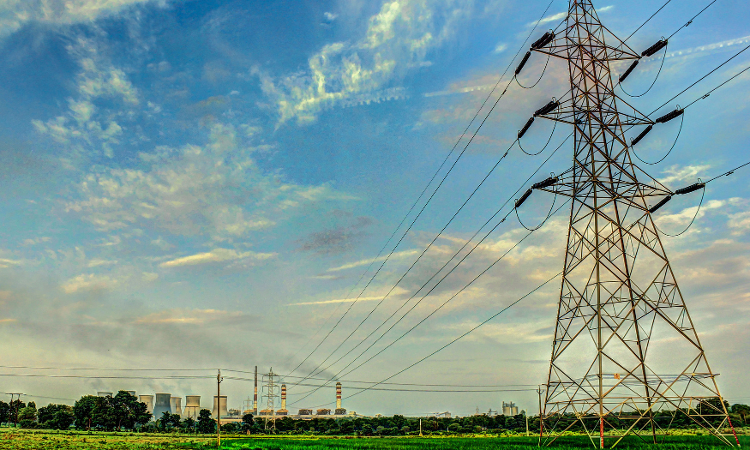Transmission Line Route- "Ensure Least Displacement To Farmers Or Disturbance To Agricultural Lands": Madras High Court To State
Sparsh Upadhyay
22 Jan 2021 8:01 PM IST

The route should be so planned by the State there is a least displacement of farmers or disturbance to the agricultural lands while keeping the costs of transmission also in mind: Madras High Court
Next Story


